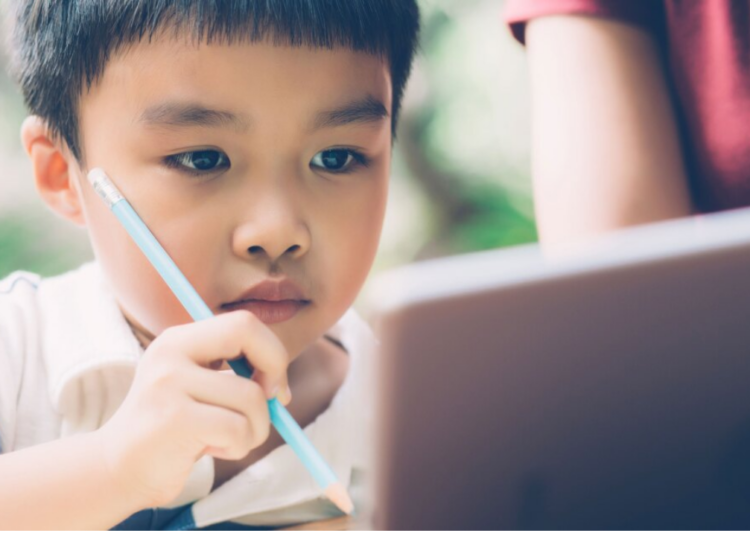Seventy five per cent of primary school age pupils are unable to read with understanding or solve a simple math problem, the United Nations Children’s Fund (UNICEF) has revealed.
Lack of access to digital devices, stable internet connectivity, and the necessary digital skills to harness the power of technology for learning, has hampered the ability of children to thrive in an increasingly digital world.
Though, the COVID-19 pandemic also disrupted traditional learning models, the pandemic also provided the right moment to reimagine education and ensure every child has an equal opportunity to succeed and have access to localised digital content that aligns with the Nigerian curriculum and cultural context.
The Nigeria Learning Passport (NLP), an online e-learning platform with mobile and offline capabilities, was deployed by the federal Ministry of Education with support from UNICEF, giving the mandate for its use in all public schools.
My findings showed that though, over 200 schools have deployed the platform, majority of public schools are yet to do so, due to poor or no ICT infrastructure and power to start the initiative.
With this in mind, children who spoke with me called on states to ensure all public schools have access to digital platforms, as it is key to revamping the education sector.
Nine-year-old primary five pupil of Ladoje Primary School, Orile- Agege, Ayanleye Abigail, told me how NLP has helped, as previously she had issues with understanding what is being taught in class.
“I can tell you that since we started using the e-learning platform, my academic performance has improved from previous terms, because I took 6th position. But with more use of the tablet in the classroom, I took 1st position in the last term examination we had,” Abigail said.
Meanwhile, 9-year-Old Primary 5 pupil, Akindele Enoch, affirmed that the internet-enabled device used in the classroom has improved his understanding of Mathematics.
“Before, my performance was not good and I felt sad about it. But when we started using the tablets in our class, I found it easier to understand simple things I did not know in the past” he said.
For 14-year-old student of the Government Senior College Agege in Lagos, Bolade Ayomide, the platform is interesting.
“With enjoyable interactive quizzes, films and animations, it’s easier for me to comprehend challenging biological ideas. The variety of courses offered on the platform, such as biology, mathematics, business and secretarial skills, intrigued me.”
The UNICEF education specialist, Baba Gana Aminu, during a field trip to schools in Lagos, organised by UNICEF, told me that UNICEF provided 13,500 tablets and 1,000 rechargeable projectors with Airtel, giving data to over 870 schools connected courtesy the mobile and data company and IHS Towers in 14 states.
“I am also using this means to call on private sector and donors to deploy the platform, which also includes the development of Digital Learning policy that will pave way to the landscape that will support deployment, as government may not be able to do it alone”, Abigail appealed.






